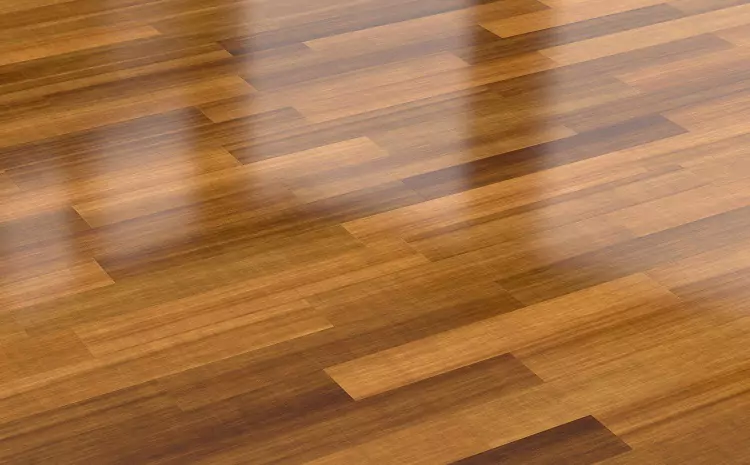Are you thinking about upgrading your flooring or doing a first-time floor installation? Annually, more than 450 billion floors are sold worldwide.
If you’re thinking about hardwood flooring, have you found the different types of hardwood floors overwhelming? It’s important to approach your decision with careful consideration. It’s a decision you’ll live with for a long time.
Discover the nuances of engineered and prefinished solid hardwood flooring. Keep reading as we outline the pros and cons of these types of hardwood flooring.
Prefinished Solid Hardwood Flooring
Pre-finished flooring is solid hardwood flooring that is “finished.” It’s sanded, stained, sealed, and ready to nail in place. It has thick, multiple layers of uniform urethane coating.
Pros
This type of flooring has some advantages. Let’s examine the pros compared to engineered hardwood.
Long Lifespan
Solid hardwood flooring can be refinished about five or six times. You can find this type of flooring in old homes, and it can be brought back to its former glory.
Sound
Because of its density, solid hardwood absorbs reverberation and distributes the sound evenly around the room. The home’s acoustics are better with solid hardwood.
Cons
What are the downsides of prefinished solid hardwood flooring? Let’s take a look.
Susceptible to Moisture
Humidity can migrate through a concrete subfloor and cause the wood to swell and warp. It’s not recommended for use in bathrooms.
Cost/Options
It’s generally a more expensive option. It also comes in fewer color options, so you may not find a color that fits your aesthetic.
Engineered Solid Hardwood Flooring
Engineered hardwood floors are created using multiple layers. The core is either a composite plywood or oriented strand board layers. This gives the flooring its stability and resiliency.
The beauty comes in its surface layer, a thin piece of solid wood called veneer. The veneer can come from a range of solid wood species: hard maple, red or white oak, hickory, or other exotic woods.
Pros
If you love the look of hardwood flooring but need something more durable, engineered hardwood is a good choice. Let’s look at why that is.
Cost-Effective
It costs less in terms of materials and labor, but you will not sacrifice looks. Stay within budget and still get a great-looking floor.
Stands Up to Moisture
Because this type of flooring comprises multiple layers, it is more resistant to spills. The layers also give it increased stability, but remember, it’s not waterproof.
Cons
Engineered hardwood has some downsides. Consider the following issues before installing it in your home.
Difficult to Refinish
With a thin top layer of veneer, there’s a limit to the number of times you can refinish engineered floors. Scratches or dents are difficult to repair without causing damage to the surface layer.
Susceptible to Fading
If your room gets a lot of direct sunlight, the flooring can lose its luster quicker than expected.
Are You Considering New Floors for Your Home?
Now that you know some of the pros and cons of engineered and prefinished solid hardwood flooring, you can make a more informed decision when upgrading the floors in your home.
Did you find this information helpful? If so, bookmark our site for easy access to other advice. We cover topics that fall under health, technology, home & garden, and more. Stay up-to-date with us.

Mark Thompson, a seasoned pest controller, is renowned for his expertise in keeping homes and businesses free from unwanted intruders. With a passion for environmental sustainability and a deep understanding of pest behavior, Mark has become a trusted authority in the industry.
